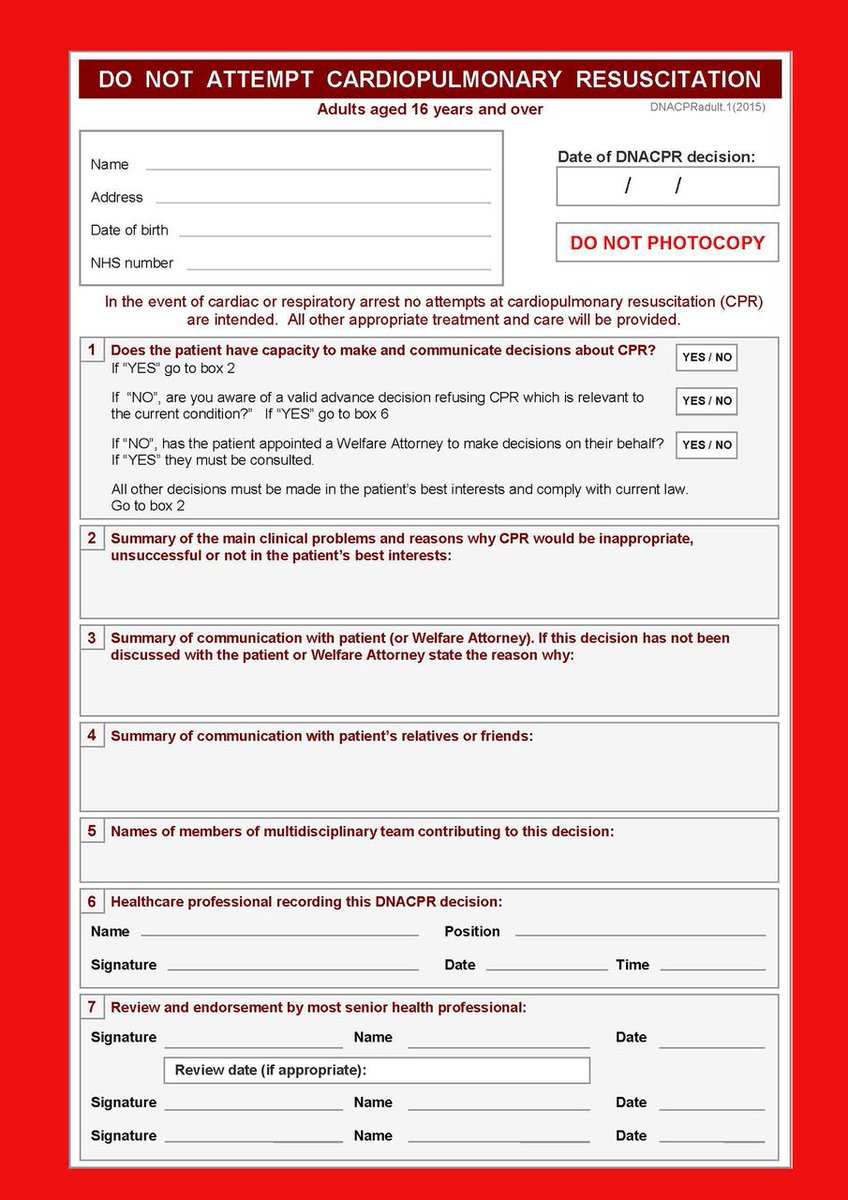
I'm not gonna lie, I've been struggling lately. Much of it has to do with ADD. Never let anyone tell you it's an inconvenience or fashionable diagnosis - it robs you of a lot.
I thought I'd talk about what it does to me, and how I live with it. Maybe some of you might identify.
I thought I'd talk about what it does to me, and how I live with it. Maybe some of you might identify.
My ADD presents in my life in four significant ways. They are:
★ Inability to follow instructions.
★ Problems w/ short-term memory.
★ Intrusive thoughts.
★ Inability to manage time.
All have been present in my life, since childhood.
★ Inability to follow instructions.
★ Problems w/ short-term memory.
★ Intrusive thoughts.
★ Inability to manage time.
All have been present in my life, since childhood.
An inability to follow instructions can be one of the most infuriating parts of living with ADD.
It means that in many cases, I simply cannot follow simple steps in a logical sequence, once they reach a certain cognitive threshold.
This plays into other presentations.
It means that in many cases, I simply cannot follow simple steps in a logical sequence, once they reach a certain cognitive threshold.
This plays into other presentations.
One of the reasons why I cannot follow a series of instructions past a certain point is that I have a seriously impaired short-term memory.
Names and numbers? I can hold them there, mostly. Series of instructions? Not a chance. Past events? You've got 50/50 odds.
Names and numbers? I can hold them there, mostly. Series of instructions? Not a chance. Past events? You've got 50/50 odds.
Some things I remember too well. Some things get stuck - they could be lines from a song, something someone said to me, the minute facts of a topic I'm interested in. They cycle in my head, drowning out the logical, planning 'commentary' of my brain.
Finally, my perception of time can be way off. Despite every tool I have, the day gets away from me, and I often find the clock ticking on tasks I've only just agreed to - I just can't keep track. It's like I blank.
What this means is that unless I focus using every tool I have, I can not only appear detached, distracted and oblivious to what's going on, I genuinely can't follow a lot of what's going on around me. It's like being behind glass.
Understandably, this has major implications.
Understandably, this has major implications.
I managed school okay, as I had a lot of support from dedicated teachers, even if I did have a reputation as lazy, arrogant or absent-minded.
University I got through, as I'm a world-class bullshitter.
Work, however, has been a different story.
University I got through, as I'm a world-class bullshitter.
Work, however, has been a different story.
Since I have to expend a lot of energy just to meet a baseline standard, if anything happens, it's easy for me to slip and for things to start a kind of 'cascade failure'.
I've had a lot of jobs. A lot. Some I've been fired from, others I jumped, teaching, I burned out.
I've had a lot of jobs. A lot. Some I've been fired from, others I jumped, teaching, I burned out.
The thing is, I'm exceptionally creative. I can pull ideas from nowhere, and write - boy, can I write.
This ability masks the very real problems I experience. When I failed, and couldn't hide it, it made managers and colleagues think I were lazy, or careless.
This ability masks the very real problems I experience. When I failed, and couldn't hide it, it made managers and colleagues think I were lazy, or careless.
Socially, it's impaired many friendships I've had. My inability to keep track of time & memory issues mean that it's been easy for friends to think I don't care, or won't listen.
Additionally, any with ADD have issues with making eye contact - a really significant social tool.
Additionally, any with ADD have issues with making eye contact - a really significant social tool.
Romantically, it's also been a massive obstacle. It can be difficult to live with someone who has ADD, as it requires a lot of understanding & repeated instruction.
I've been married twice, and in a few other long term relationships. In the end, the ADD is always just too much.
I've been married twice, and in a few other long term relationships. In the end, the ADD is always just too much.
ADD has also been a huge problem in relationships due to the fact it makes you angry, frustrated and bitter, riddled with self-loathing.
Why do I keep doing this? Why can't I change? What's wrong with me?
Imagine these three sentences on repeat - it drives you nuts.
Why do I keep doing this? Why can't I change? What's wrong with me?
Imagine these three sentences on repeat - it drives you nuts.
So I become a bit of a recluse, or shuffle about half the time under the weight of my anger.
As you can imagine, that's not much fun for anyone to be with. Certainly isn't very appealing or sexy.
As you can imagine, that's not much fun for anyone to be with. Certainly isn't very appealing or sexy.
I got diagnosed in 2019, after I asked my aunt for help getting a consultation appointment in Germany - the waiting list was years in the UK.
It's didn't take much testing - my results were, to put it mildly 'off the charts'.
It's didn't take much testing - my results were, to put it mildly 'off the charts'.
The simultaneously wonderful and sad thing is, medication works. Straight away. It was a life-changing experience. Total 'Flowers for Algernon' stuff.
However, two years of a pandemic and Ritalin don't go very well. I had to stop and manage it without.
However, two years of a pandemic and Ritalin don't go very well. I had to stop and manage it without.
Now, in addition to the issues ADD causes, I am devastated by grief.
Because I spent 40 years trying to keep my head above water, so to speak, I never made much progress.
I've been unable to plan for the future.
Because I spent 40 years trying to keep my head above water, so to speak, I never made much progress.
I've been unable to plan for the future.
No savings. No further education. No career progress. Strained relationships.
I always wanted a family, kids. I doubt that will happen now.
The nagging thought, 'If only, If only, If only'.
I always wanted a family, kids. I doubt that will happen now.
The nagging thought, 'If only, If only, If only'.
I've spent today furiously angry, mad at myself, at the world, at anything and everything.
It comes in waves, each stronger than the last.
I can almost guarantee that I fall into this trough every few weeks.
It comes in waves, each stronger than the last.
I can almost guarantee that I fall into this trough every few weeks.
On one level, ai understand how it works - the synapses getting hijacked, a chemical imbalance creating a kind of static. Signals not getting through. I know it's definable, detectable.
On another, I feel trapped by it, a prison of smoke and oblivion.
On another, I feel trapped by it, a prison of smoke and oblivion.
I'm learning to live with it. I exercise like crazy, I'm serious about sleep, diet is good.
I use apps, lists, alarms, schedules. I have mental tricks to get ideas, tasks, memories to stick.
It's not all bad. Some days I'm so fucking proud of what I've achieved.
I use apps, lists, alarms, schedules. I have mental tricks to get ideas, tasks, memories to stick.
It's not all bad. Some days I'm so fucking proud of what I've achieved.
However, it is a disability. ADD is s very real disability. It is devastating.
The insidious thing is, it's invisible, something that you learn to hide to survive.
It's something you are terrified of showing the world.
The insidious thing is, it's invisible, something that you learn to hide to survive.
It's something you are terrified of showing the world.
We need to talk about it.
We need to make it something that people feel comfortable considering.
We need to make it easier for people to get tested.
Anything to free people from the prison I've described.
We need to make it something that people feel comfortable considering.
We need to make it easier for people to get tested.
Anything to free people from the prison I've described.
Thanks for listening.
Please don't hesitate to talk to people about it if you're concerned, or struggling.
It's something can be managed, and the sooner the better.
/FIN
Please don't hesitate to talk to people about it if you're concerned, or struggling.
It's something can be managed, and the sooner the better.
/FIN
• • •
Missing some Tweet in this thread? You can try to
force a refresh

























